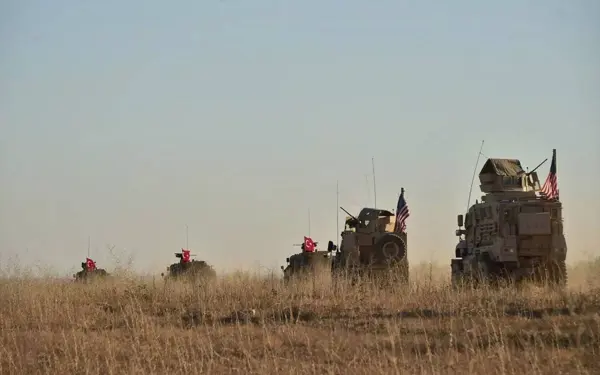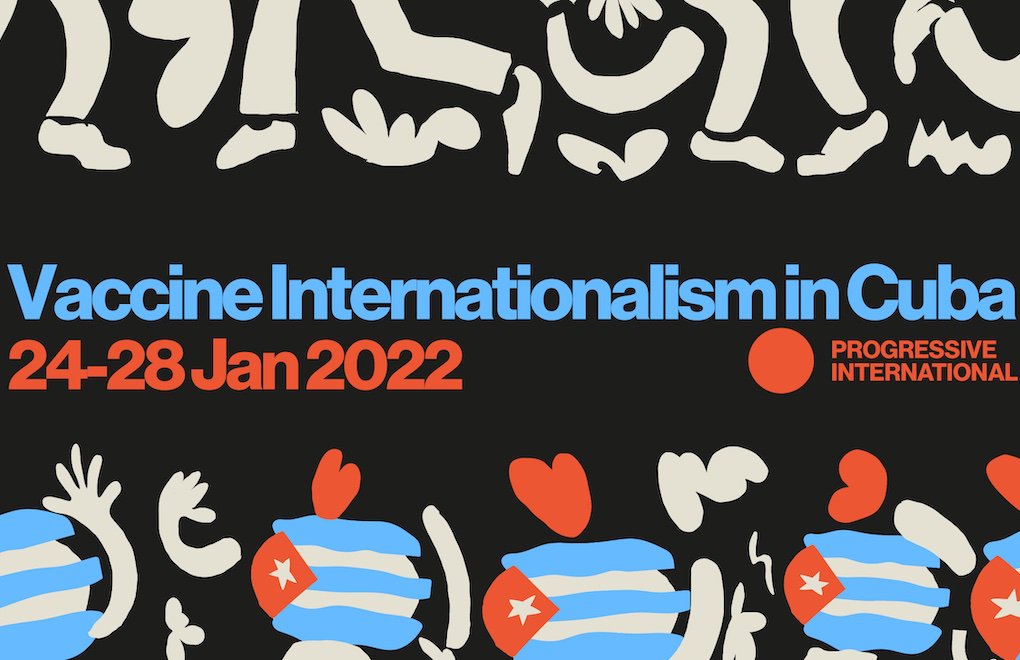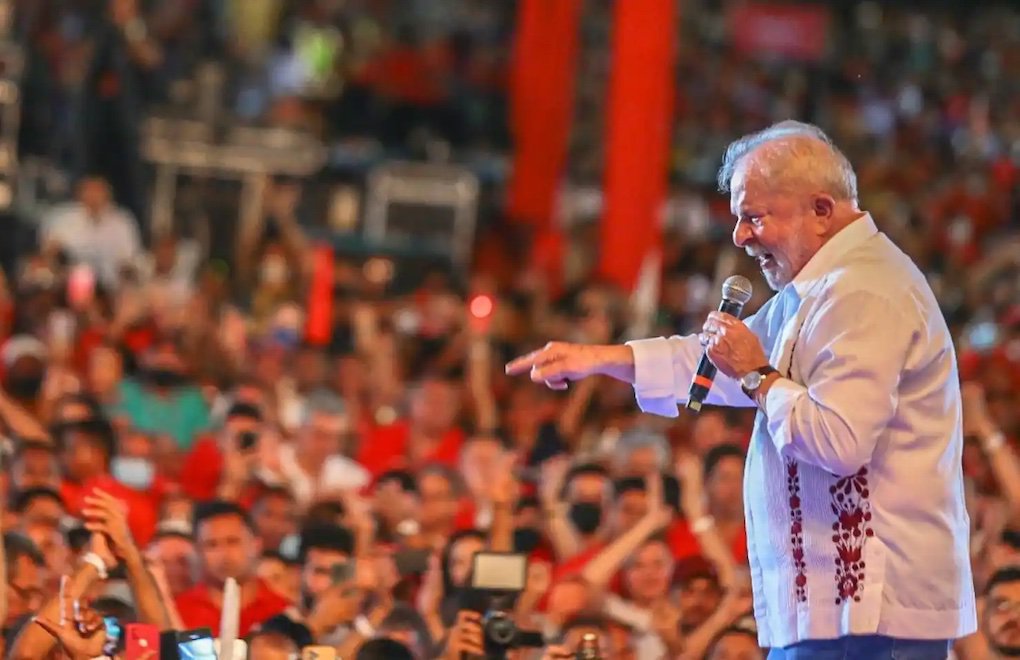Desperately but Deliberately Turkey Joins War
Politically, 80 percent of the Turkish public opposes the government's involvement in the "war on terrorism" and opposes sending troops to Afghanistan. But the Turkish government, after hesitating briefly, has decided to stand by its US ally. Financially, Ankara has already signed a standby agreement with the International Monetary Fund to ease repayment of its massive domestic and foreign debts, an agreement essentially conditioned upon drastic cuts in public expenditures. The government has already decided to lay off some 30,000 public servants, but at the same time has resumed military modernization schemes that will ratchet the defense budget up to 20-30 percent of total government spending. Culturally, Turkey's majority Muslim population, disillusioned by 50 years of alliance with Washington, feels deceived and exploited by the US. Turks sympathize with the civilian victims of the war in Afghanistan, yet are equally alienated by Taliban-style Islamic fundamentalism and distance themselves from Osama bin Laden's claims to represent Muslims worldwide.
Ankara expects to gain greater regional influence within the context of the war on terrorism, but remains deeply skeptical of its European allies' schemes for self-determination for the Kurds. The Turkish state fears the Kurds might gain further autonomy if the war expands in scope to encompass Iraq. Ankara is delighted to see, in the wake of September 11, that its prospective partners in the European Union (EU) has adopted an interpretation of "terrorism" closer to its interpretation, but is equally annoyed at the EU's unwillingness to fast-track Turkey's accession to the union simply for geopolitical reasons. Finally, Ankara expects to assume the status of the "model secular regime" in the potential realignment of forces in the Islamic world, yet faces increased antipathy and even hatred in the Islamic world as it continues to forge a "strategic alliance" with Israel.
Prices Paid in Blood
Saying that "the operation launched [in Afghanistan] by the US is in the interests of all humanity," Prime Minister Bulent Ecevit compared the dispatch of mountain fighting units to Afghanistan to dramatic military interventions of the past: joining in the Korean War in the 1950s and invading northern Cyprus in the early 1970s. Both interventions were overseas operations, but presumably Ecevit had more than this technicality in mind when drawing the comparison. The actions both had far-reaching effects upon Turkey's global and regional roles.
Turkey's participation in the Korean War on the side of United Nations forces against the Soviet-Chinese alliance finally resolved the international disputes over Ankara's entry into the North Atlantic Treaty Organization (NATO). Having remained neutral until the very end of World War II, Ankara's political and military capacity, as well as its economic strength, was considered negligible by the West. Turkey's declaration of war against Germany a few weeks before the end of the war did not gain Ankara a chair at the victors' negotiation table. But the advent of the Cold War, and Ankara's border disputes with Moscow, increased Turkey's strategic value in the eyes of the West. The perception of a Soviet threat won for Turkey -- the single majority Muslim country in the alliance -- a position on NATO's southeastern flank. Participation in the Korean War sealed with blood Turkey's baptism as a "Western nation" in the global realignment of forces.
The war cost Turkey 721 dead and 3,277 wounded out of the 15,000 troops deployed in Korea. In the 50 years that followed, thanks to US and European arms supplies, Ankara built the largest armed forces in Europe, second in size only to US forces among NATO member countries. Ankara's military-strategic might became indispensable to the West in the regional and global balances of the Cold War. Says Gulsema Dalgic, a researcher at Bogazici University: "If Turkey had not fought in the Korean War, it could not have been a NATO member.... A similar motive is behind today's decision to join the war in Afghanistan. The price will once again be paid in blood, but this time for membership in the EU."
Cyprus Headaches
Nevertheless, the price might be higher, as Foreign Minister Ismail Cem told a Parliamentary Commission meeting on November 2. Turkey's full membership in the EU is conditional upon -- among other things -- an immediate solution to the Cyprus problem. But as the EU considers adopting Cyprus as a member prior to Turkey's accession, Ankara is sending signals of a de facto "annexation" of northern Cyprus. "We are ready to pay any price," Cem declared. "That price might be the suspension of relations with the EU."
Turkey's invasion of the northern half of the island, in response to Nikos Sampson's 1974 military coup against the then-bicommunal government of Archbishop Makarios II, has led to Ankara's longest overseas military presence and constant headaches for Turkey and Greece, as well as the EU and the UN. As Ecevit himself recalled, Turkey's invasion of Cyprus has been very damaging to Ankara's ambitions. Virtually dividing the island into a Turkish north and a Greek south, Turkish occupation engineered the self-proclaimed Turkish Republic of Northern Cyprus, which remains unrecognized by a single state in the world. Although a NATO member, Ankara faced an arms embargo at the hands of its allies until the end of the 1980s, and still assumes almost the entire financial burden of administering northern Cyprus, which is banned from international trade and transportation as per UN resolutions. Having become a cornerstone in the Western military alliance after the Korean War, Ankara became a headache in the Western political calculus after the Cyprus invasion.
Open Questions
In view of the opposite consequences of these two previous overseas military interventions, the repercussions of Turkey's involvement in the latest phase of the seemingly endless Afghan war remain an open question. Ankara's political and military rulers expect that a Turkish military presence in Afghanistan will indirectly provide the country with a wider margin of maneuver and a greater say in the prospective reshaping of the region, as well as increased financial and military aid. Having initially justified support for the war in Afghanistan as a moral obligation and publicly highlighted the "symbolic nature" of Turkish involvement, the government has recently announced that Turkish troops, in addition to "training the Northern Alliance forces" will also be tasked with "reconnaissance, combat against terrorism, guiding the Northern Alliance forces, channeling humanitarian aid and providing protection for the civilian population." Further, Turkish troops will "provide security on the Afghan-Uzbek border, prevent the penetration of Islamic Movement of Uzbekistan militia across the border, safeguard the Amu Derya River and help to police Kabul after it falls into Northern Alliance hands," military sources say.
Though he denies that Turkey's stepped-up military commitment is directly related to expectations of more financial aid, Ecevit believes that Turkish allies will now give deeper consideration to relief of the country's dire economic straits. The Afghan war finds Turkey trapped in the downward spiral of a desperate financial crisis that has compelled the government to devalue the Turkish lira by 40 percent against the US dollar. Stricken by the collapse of the Turkish banking system and stock market, and laboring under a domestic and foreign debt totaling $85 billion -- all due by the end of 2001 -- Ankara is further worried that actual tax revenue to date is lagging far behind estimates, according to specialists.
Safire in The Headlines
The scenario that would turn Ankara's dreams of EU accession and financial bailouts into a nightmare is the extension of US operations "against terrorism" to include Iraq. The prospective territorial disintegration of Iraq under US attacks would inevitably draw Turkey into bitter conflict with its neighbors Iran and Syria, and with the near-autonomous Kurdish administration in northern Iraq. Hence the recent column by New York Times writer William Safire, satirically speculating that Turkey's annexation of northern Iraq might produce a lasting solution in the Middle East, made the headlines of Turkey's more serious mainstream dailies. Are Safire's musings just the passing fancy of a right-wing American humorist or do they reflect schemes being cooked up in the Pentagon's kitchen by the more hawkish elements of the Bush administration? Ankara is anxious to find out. Meanwhile, the naked reality remains: as the Turkish state prepares to lay off 30,000-50,000 civil servants to cut back public expenditures, it has resumed expensive plans for military modernization and armament. Ankara's retooled weapons are not for decoration; they are for making war.
The long and hot summer ahead

'Shamelessness'

LEFT TIDE IN LATIN AMERICA-III
The new task: 'To contribute the reintegration process, to recover the lessons of the Cuban revolution'

LEFT TIDE IN LATIN AMERICA-II
An International to accompany the continental rise of the Left

LEFT TIDE IN LATIN AMERİCA-I
David Adler: "A new vision that is feminist, ecologist, and pluralist"





